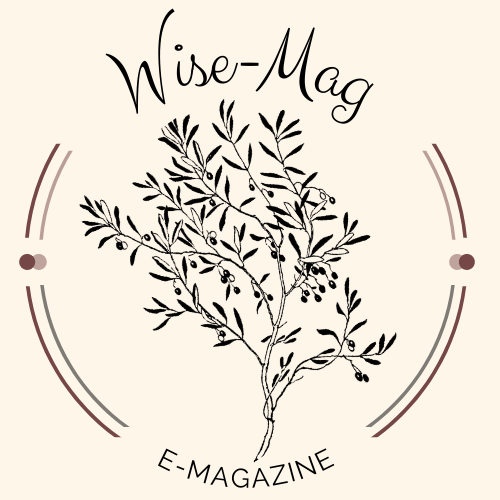Common Breast Cancer FAQ (Part 2)

1 in 4 women get breast cancer through their lifetime. Why do some people get breast cancer and some people don’t? Is it the food, the lifestyle, genetics or is it just luck?
Hence, on part 2 of Frequently Asked Questions (FAQ), we answer all your queries on breast cancer. Refer to part 1 for the first 5 questions.

6. Does smoking cause breast cancer?
Smoking is a confirmed risk factor for developing many types of cancer, including breast cancer. Additionally, second hand smoke is also a risk factor for cancer.
If you know any smoker, encourage them to join a smoking cessation program to help them stop.

7. Can drinking alcohol increase the risk of breast cancer?
Moderation is key. One drink per day has been shown to slightly increase the risk of breast cancer. Having more than one drink per day has shown to be a more significant risk factor of breast cancer and the alcohol content doesn’t matter. Alcohol also increases estrogen in the bloodstream.
However, studies regarding this matter has been rather mixed.

8. Is there a link between oral contraceptives and breast cancer?
There is an increased risk of breast cancer for women who have been using birth control pills for more than five years. However due to the low amount of hormones in birth control pills today, the risk is relatively small. But if a young woman has a significant family history of breast cancer, her gynecologist may recommend taking a break for a year from the pill at the 5-year time frame then resuming again for another 5 years.

9. Is there a link between hormone replacement therapy (HRT) and breast cancer?
Yes, there is. It is recommended that women with known risks not be placed on HRT to control menopausal symptoms. They should instead seek other safer alternatives.

10. How does menstrual and reproductive history affect breast cancer risks?
Women who began their menstrual cycle before the age of 12, or have no biological children, or had their first child at 30 or older, or began menopause after 55 are at a higher risk.
For women with several of these factors, their risk is higher than for those with just one of these risk factors.
References:
1. Smoking. Breast Cancer Org.
2. Alcohol, tobacco and breast cancer—collaborative reanalysis of individual data from 53 epidemiological studies, including 58,515 women with breast cancer and 95,067 women without the disease. Br J Cancer.
3. Oxford Population Health. Any type of hormonal contraceptive may increase risk of breast cancer.
4. Using HRT (Hormone Replacement Therapy). Breast Cancer Org.
5. What Are the Risk Factors for Breast Cancer? Centers for Disease Control and Prevention.







